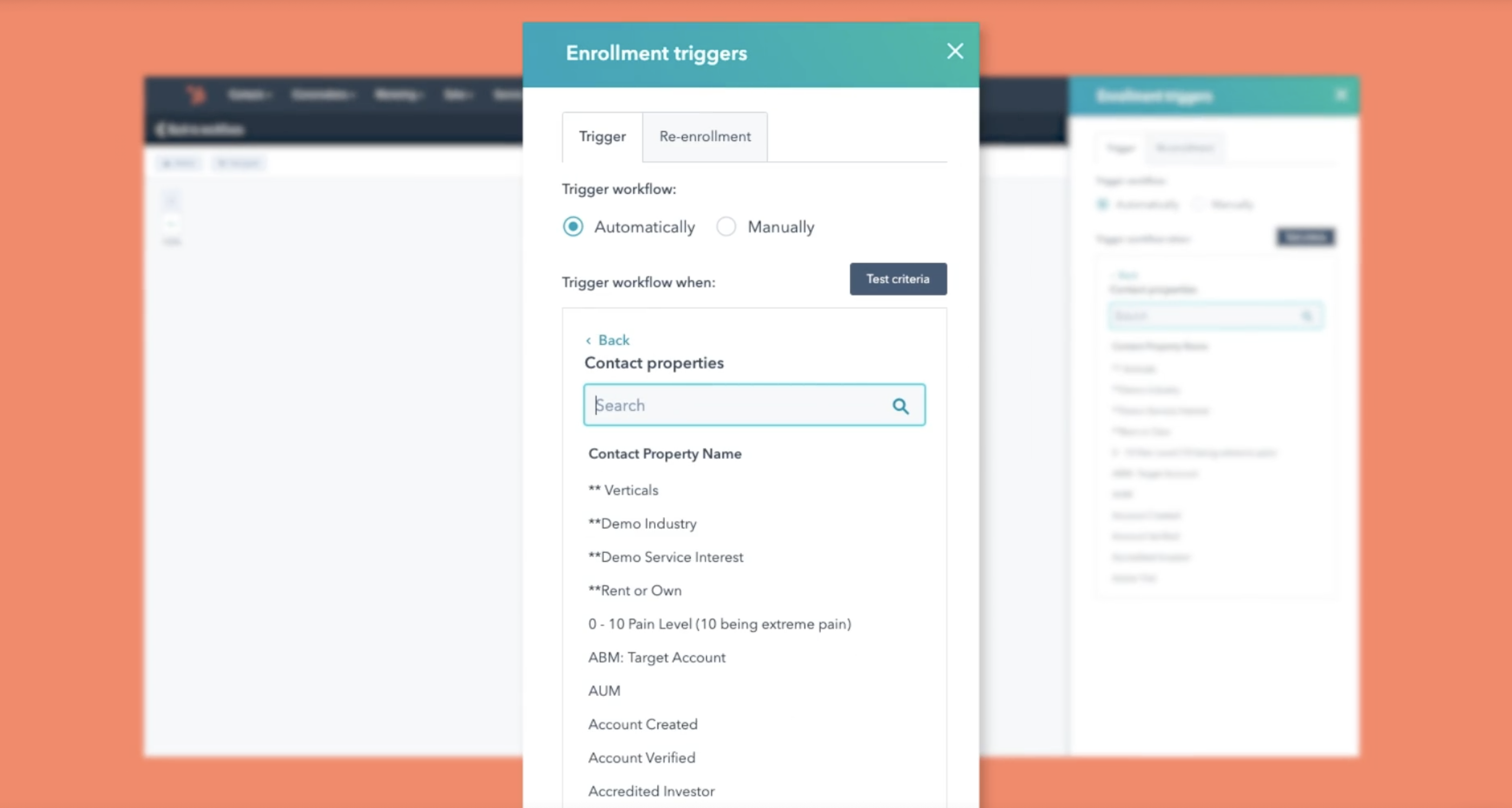
- Scratchpad salesforce 13m series craft update#
- Scratchpad salesforce 13m series craft upgrade#
- Scratchpad salesforce 13m series craft code#
Exploitation of these vulnerabilities within the parsing of FBX files could enable an attacker to read information in the context of the current process.Īn issue was discovered in Bentley MicroStation before 10.17.0.x and Bentley View before 10.17.0.x. Using an affected version of MicroStation or MicroStation-based application to open an FBX file containing crafted data can force an out-of-bounds read. Exploitation of these vulnerabilities within the parsing of DGN files could enable an attacker to read information in the context of the current process.Īn issue was discovered in Bentley MicroStation before 10.17.0.x and Bentley View before 10.17.0.x. Using an affected version of MicroStation or MicroStation-based application to open a DGN file containing crafted data can force an out-of-bounds read.
Scratchpad salesforce 13m series craft upgrade#
Users unable to upgrade are advised to filter websocket traffic externally or to only accept trusted traffic.Īn issue was discovered in Bentley MicroStation before 10.17.0.x and Bentley View before 10.17.0.x.
Scratchpad salesforce 13m series craft update#
Affected users are advised to update to this version.

The crashes are fixed in version 0.26.5 by imposing default dataframe size limits. Async version also does not limit memory, but does not use `with_capacity`, so DoS can happen only when bytes for oversized dataframe or message actually got delivered by the attacker. This affects only sync (non-Tokio) implementation. When `Vec::with_capacity` fails to allocate, the default Rust allocator will abort the current process, killing all threads.

Affected versions would allocate a buffer based on the declared dataframe size, which may come from an untrusted source. The root cause of the issue is during dataframe parsing. In versions prior to 0.26.5 untrusted websocket connections can cause an out-of-memory (OOM) process abort in a client or a server. Rust-WebSocket is a WebSocket (RFC6455) library written in Rust. There are currently no known workarounds. No action is needed unless you have a bridge node that needs to distinguish different reversion exit reasons and you used RPC for this. In debug build, this would cause an overflow panic. In release build, this would cause the exit reason being incorrectly parsed and returned by RPC. A security issue was discovered affecting parsing of the RPC result of the exit reason in case of EVM reversion. There are no known workarounds for this issue.įrontier is Substrate's Ethereum compatibility layer. Matrix rooms where the `"events_default"` power level has not been changed from the default of zero are not vulnerable. gomatrixserverlib contains a fix as of commit `723fd49` and Dendrite 0.9.3 has been updated accordingly. In rooms where the `"events_default"` power level had been changed, this could result in events either being incorrectly authorised or rejected by Dendrite servers. Power levels are the matrix terminology for user access level. The power level parsing within gomatrixserverlib was failing to parse the `"events_default"` key of the `m.room.power_levels` event, defaulting the event default power level to zero in all cases. Dendrite is a Matrix homeserver written in Go, an alternative to Synapse. Gomatrixserverlib is a Go library for matrix protocol federation.
Scratchpad salesforce 13m series craft code#
This is better than `eval` for the following reasons: - Arbitrary code should not be able to execute immediately, since the `Function` constructor explicitly *only creates* anonymous functions - Functions are created without local closures, so they only have access to the global scope If you use: - **Version `=3.0.0`**, `allowFunctionEvaluation` is already set to `false` by default, so no further steps are necessary. In v2.2.2, we switched from using `eval` to using () to construct anonymous functions. This prop will be set to `true` in v2.2.2, which allows upgrade without losing backwards-compatibility. Prop is added to `JsonTree` called `allowFunctionEvaluation`.

This vulnerability exists in the default `onSubmitValueParser` prop which calls (). One important note is that users who have defined a custom () callback prop on the () component should be ***unaffected***. Given that this component may often be used to display data from arbitrary, untrusted sources, this is extremely dangerous. This unfortunately could allow arbitrary code to be executed if it exists as a value within the JSON structure being displayed. To do this, Javascript's () function is used to execute strings that begin with "function" as Javascript. This library allows strings to be parsed as functions and stored as a specialized component, (). Unsafe Parsing of a PNG tRNS chunk in FastStone Image Viewer through 7.5 results in a stack buffer overflow. NOTE: this is different from CVE-2022-27942.

The component tcpprep in Tcpreplay v4.4.1 was discovered to contain a heap-based buffer overflow in parse_mpls at common/get.c:150.


 0 kommentar(er)
0 kommentar(er)
